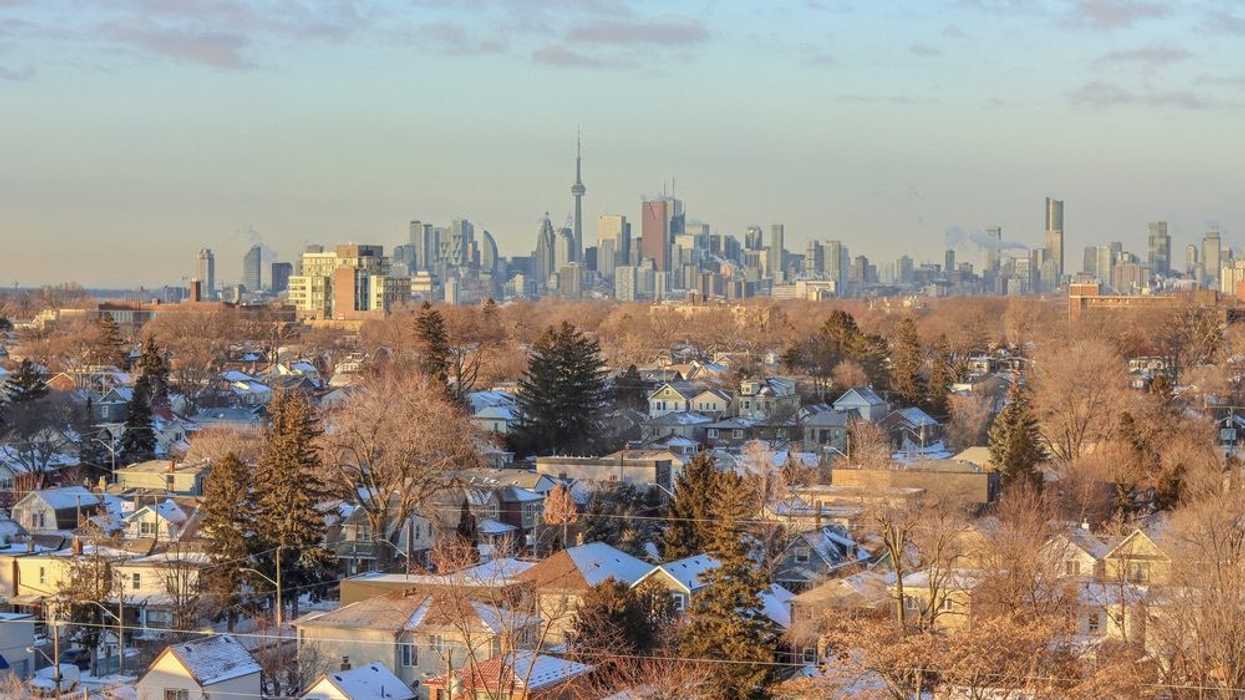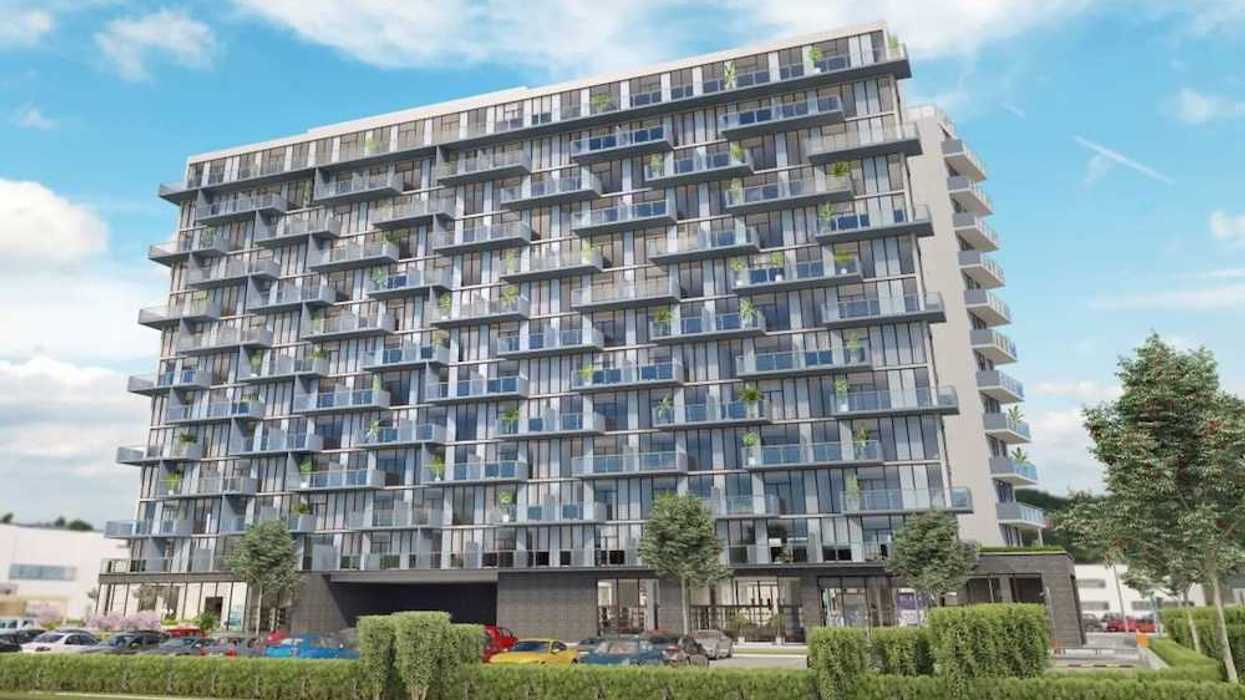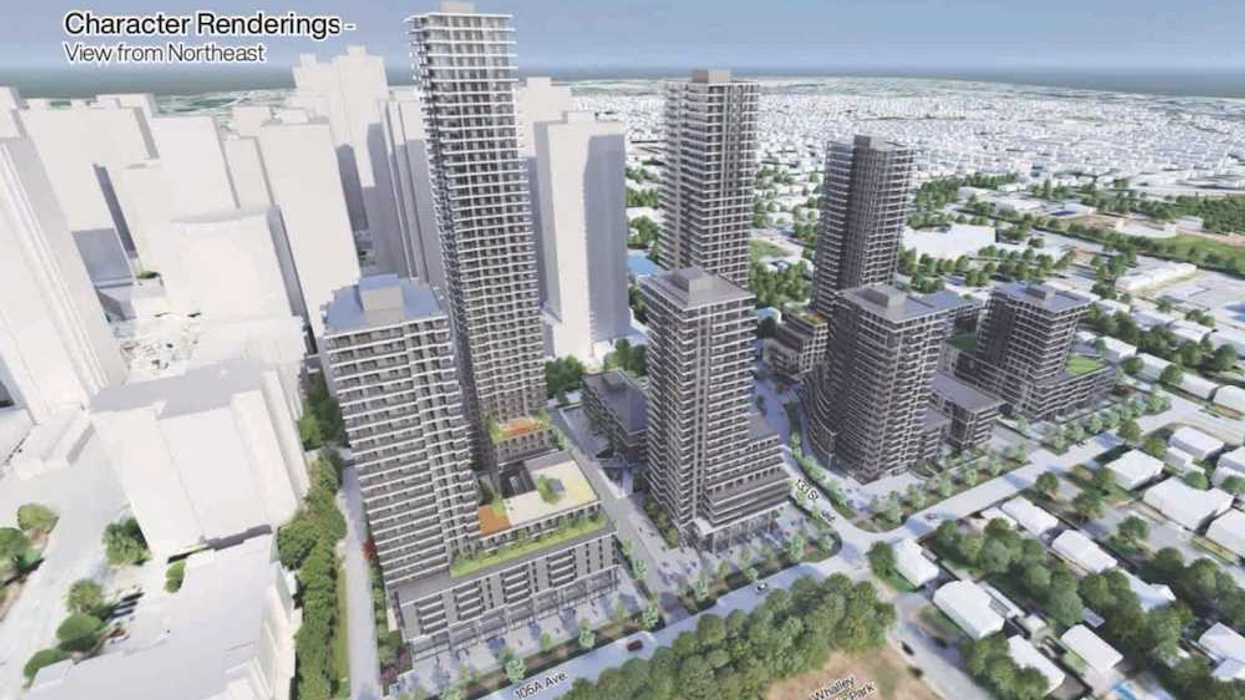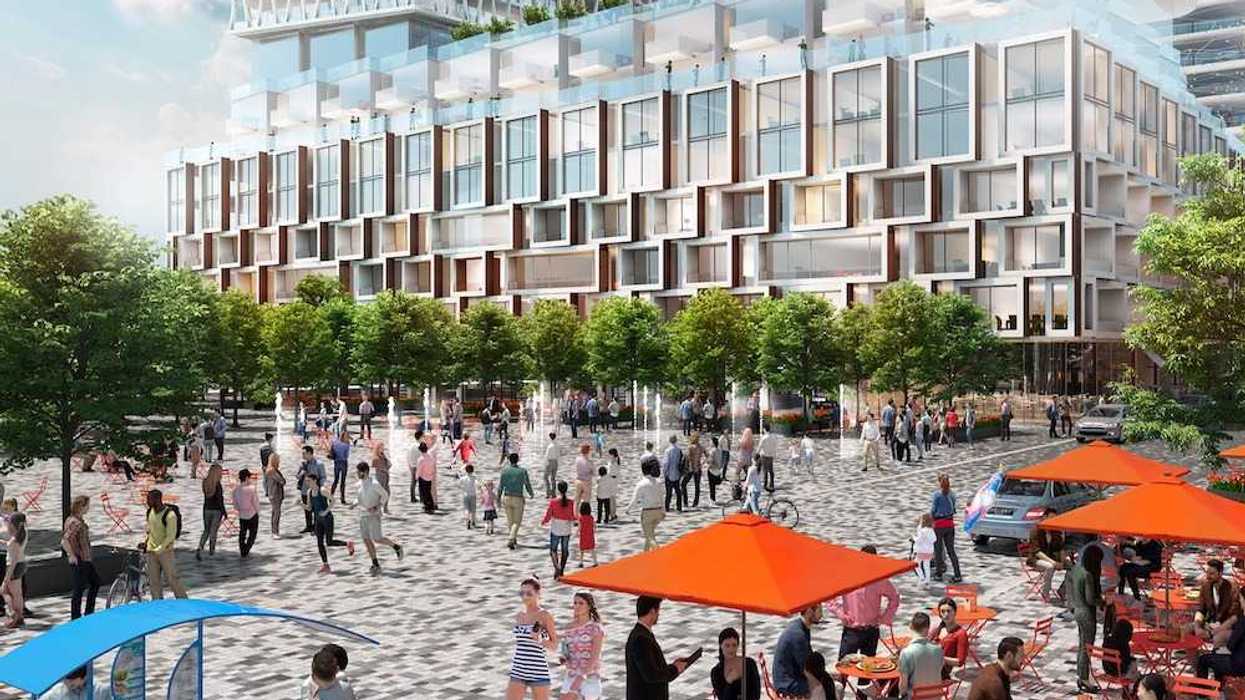Disbursements
Understand disbursements in Canadian real estate, what they are, what they cover, and why they’re an important part of your closing costs.

May 22, 2025
What are Disbursements?
Disbursements are out-of-pocket expenses paid by a real estate lawyer or notary on behalf of the buyer or seller during a property transaction.
Why Disbursements Matter in Real Estate
In Canadian real estate, disbursements are a key part of closing costs. These fees are separate from legal fees and cover third-party services necessary to complete the transaction.Common disbursements include:
- Title search and registration
- Courier and document handling
- Land transfer tax registration
- Municipal compliance certificates
Understanding disbursements helps buyers budget properly and understand the breakdown of costs associated with their legal services.
Example of Disbursements
In addition to $1,200 in legal fees, a buyer pays $475 in disbursements for title searches, courier charges, and registration fees.
Key Takeaways
- Paid by lawyers/notaries to third parties.
- Separate from professional legal fees.
- Part of total closing costs.
- Includes registrations, taxes, and delivery.
- Must be settled before closing.
Related Terms
- Legal Fees
- Closing Costs
- Title Transfer
- Real Estate Lawyer
- Land Transfer Tax

 Renderings of the 65-storey tower previously proposed for 145 Wellington Street West. (Turner Fleischer / SKYGRiD)
Renderings of the 65-storey tower previously proposed for 145 Wellington Street West. (Turner Fleischer / SKYGRiD)







 205 Queen Street, Brampton/Hazelview
205 Queen Street, Brampton/Hazelview

 CREA
CREA
 Liam Gill is a lawyer and tech entrepreneur who consults with Torontonians looking to convert under-densified properties. (More Neighbours Toronto)
Liam Gill is a lawyer and tech entrepreneur who consults with Torontonians looking to convert under-densified properties. (More Neighbours Toronto)